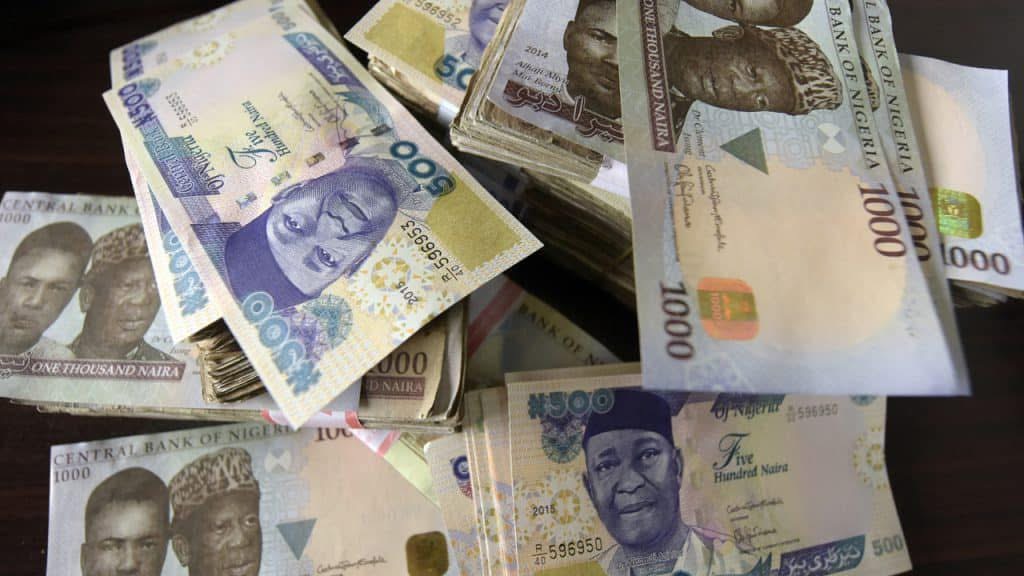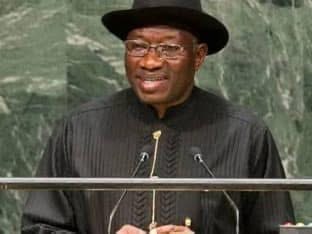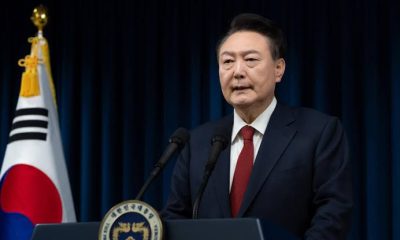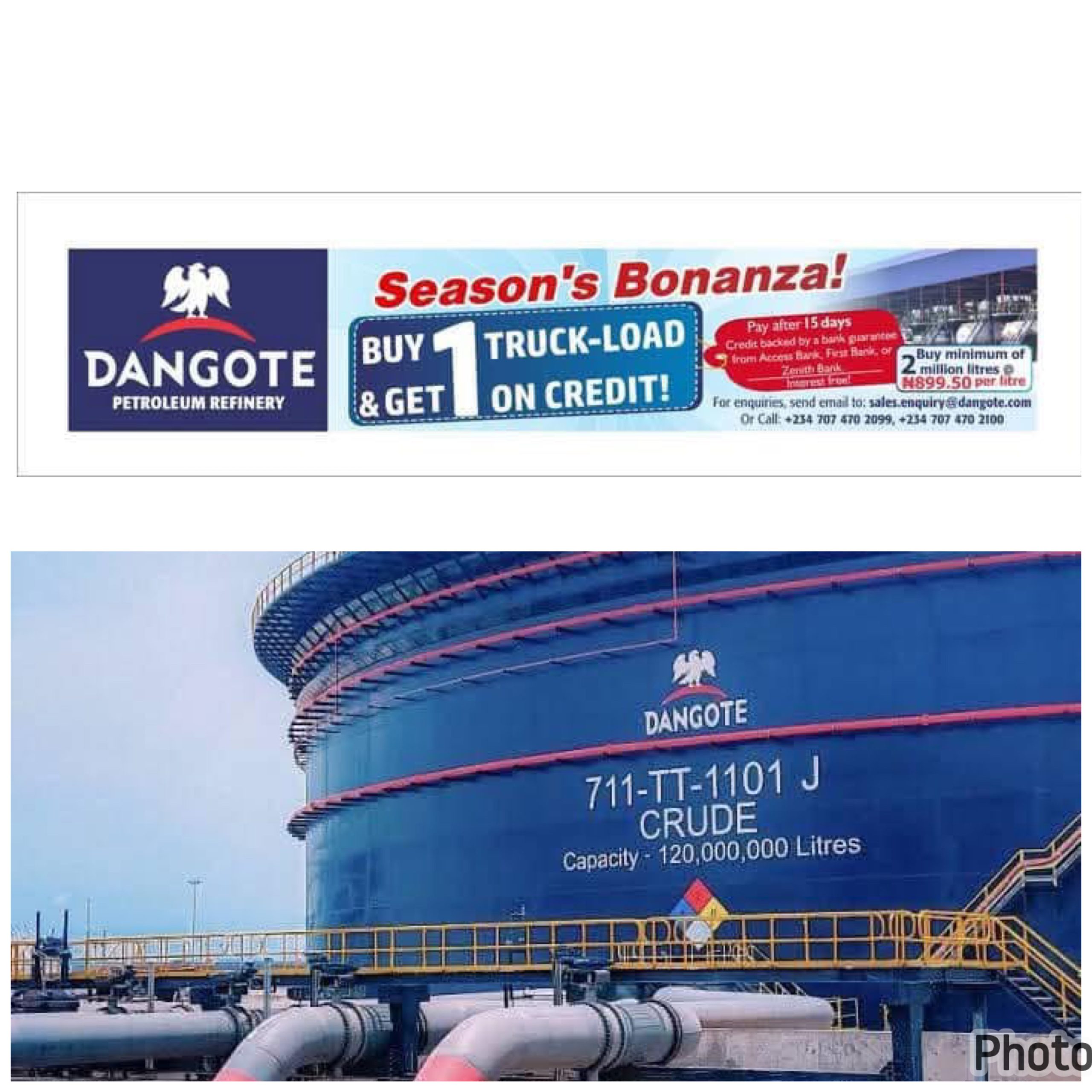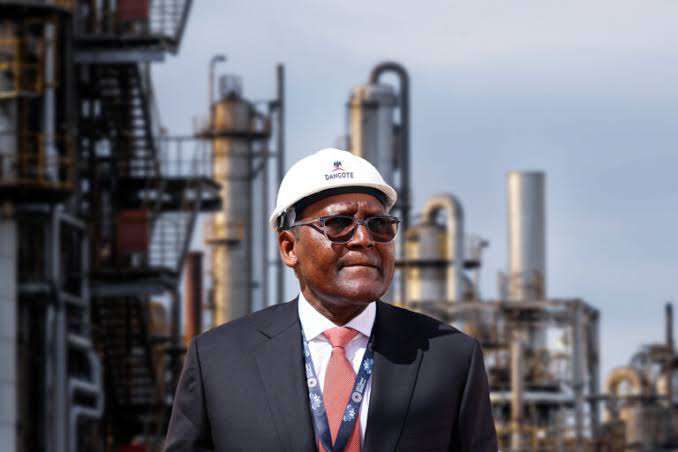The Association of Senior Staff of Banks, Insurance, and Financial Institutions has attributed the worsening cash shortage across the country to the Central Bank of Nigeria’s inability to meet the cash demands of commercial banks.
Speaking with The PUNCH, ASSBIFI President, Olusoji Oluwole, highlighted the dire impact of the scarcity, particularly as the festive season approaches, with increased demand for cash for shopping and business transactions.
“In terms of (the cash) scarcity, this is something that has not ended since the redesign of the naira,” Oluwole said.
Oluwole explained that banks have only two primary sources of cash – the CBN and retailers.
“Banks have only two sources of cash: the CBN and retailers. The CBN has not met banks’ demands, and retailers often sell cash for profit, making it harder for banks to access funds,” he explained.
He noted that the apex bank has failed to meet the cash demands of banks, while retailers profit by selling cash instead of depositing it back into the banking system.
“But, of course, it is beginning to become more pronounced now that we’re heading towards the Christmas celebrations, where a lot of people are going to need money to carry out their shopping and other businesses.
“Banks are not in a position to force retailers to bring the cash to banks,” he added, describing how this dynamic exacerbates the scarcity of cash in Automated Teller Machines and across bank counters.
Citing statistics, Oluwole stated that banks collectively require at least N20m daily to operate, with ATMs needing approximately N8m each and N4m over the counters.
He stressed the importance of CBN providing clear statistics on cash circulation to improve distribution efficiency.
“For us, we are not interested in trading games like we were doing last year but looking for solutions. The solution, one, is for CBN to have clear statistics, so that they understand where they are, how they are circulating, and where they are circulating to,” he said.
Oluwole also advocated for a shift towards less dependency on cash, emphasising that a cashless economy is cheaper, safer, and more efficient for the economy.
“An economy that operates in a cashless manner does better than a cash-dependent economy. It is a proven thing all over the world,” he stated.
In addition, the ASSBIFI President called for security agencies to crack down on illegal currency trading.
You cannot be selling cash. You cannot sell your currency to people for a profit at discounted rates. It is not done anywhere,” Oluwole emphasised.
He urged authorities to investigate reports of point-of-sale operators buying cash from fuel stations and supermarkets.
Oluwole concluded by reiterating that no bank deliberately withholds cash from its customers.
“No bank wants to starve its customers of cash. It does not make sense for any bank to hold on to cash, but you can only give what you have,” he said.
“As the cash crisis persists, stakeholders are urging the CBN to act swiftly to address these concerns and alleviate the strain on both banks and the public,” Oluwole stated.
Also, the National Coordinator of the Human Rights Writers Association of Nigeria, Emmanuel Onwubiko, in a statement criticised the CBN and its Governor, Olayemi Cardoso, for their mishandling of monetary policy, holding them responsible for the resulting widespread hardship.
He further highlighted how cash scarcity has left millions, especially in rural areas, unable to conduct transactions, pushing small businesses, artisans, and daily wage earners deeper into poverty.
“Nationwide, long bank and ATM queues have become the norm, with depositors unable to access their funds despite sufficient balances,” he added.
Onwubiko argued that the crisis reflects not just poor monetary policy but also deeper systemic issues within Nigeria’s economy.
He urged President Bola Tinubu to intervene swiftly to stabilise the banking system and avert economic collapse.
The group also called on the National Assembly to summon the CBN Governor for accountability and oversight.

 Business10 months ago
Business10 months ago
 Politics7 months ago
Politics7 months ago
 SportsNews10 months ago
SportsNews10 months ago
 Politics10 months ago
Politics10 months ago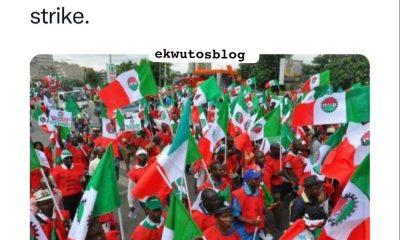
 Politics7 months ago
Politics7 months ago
